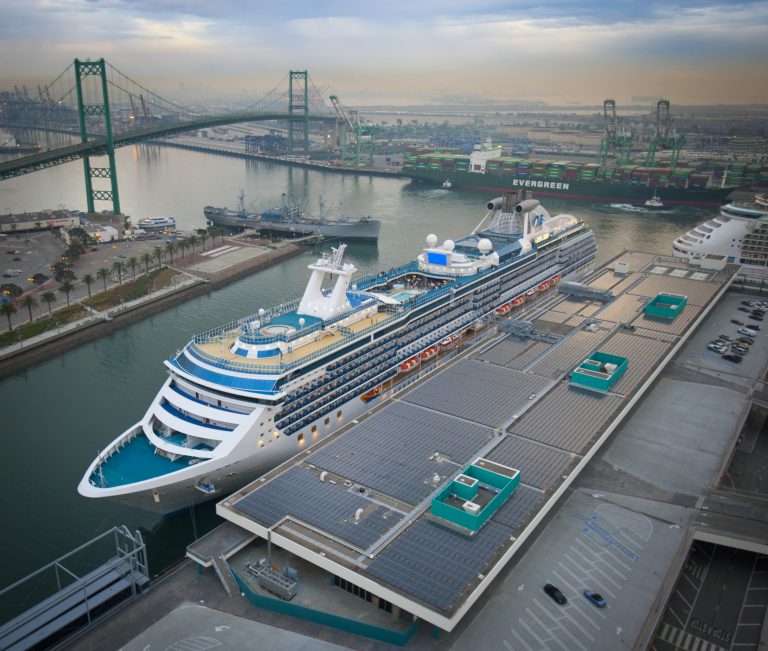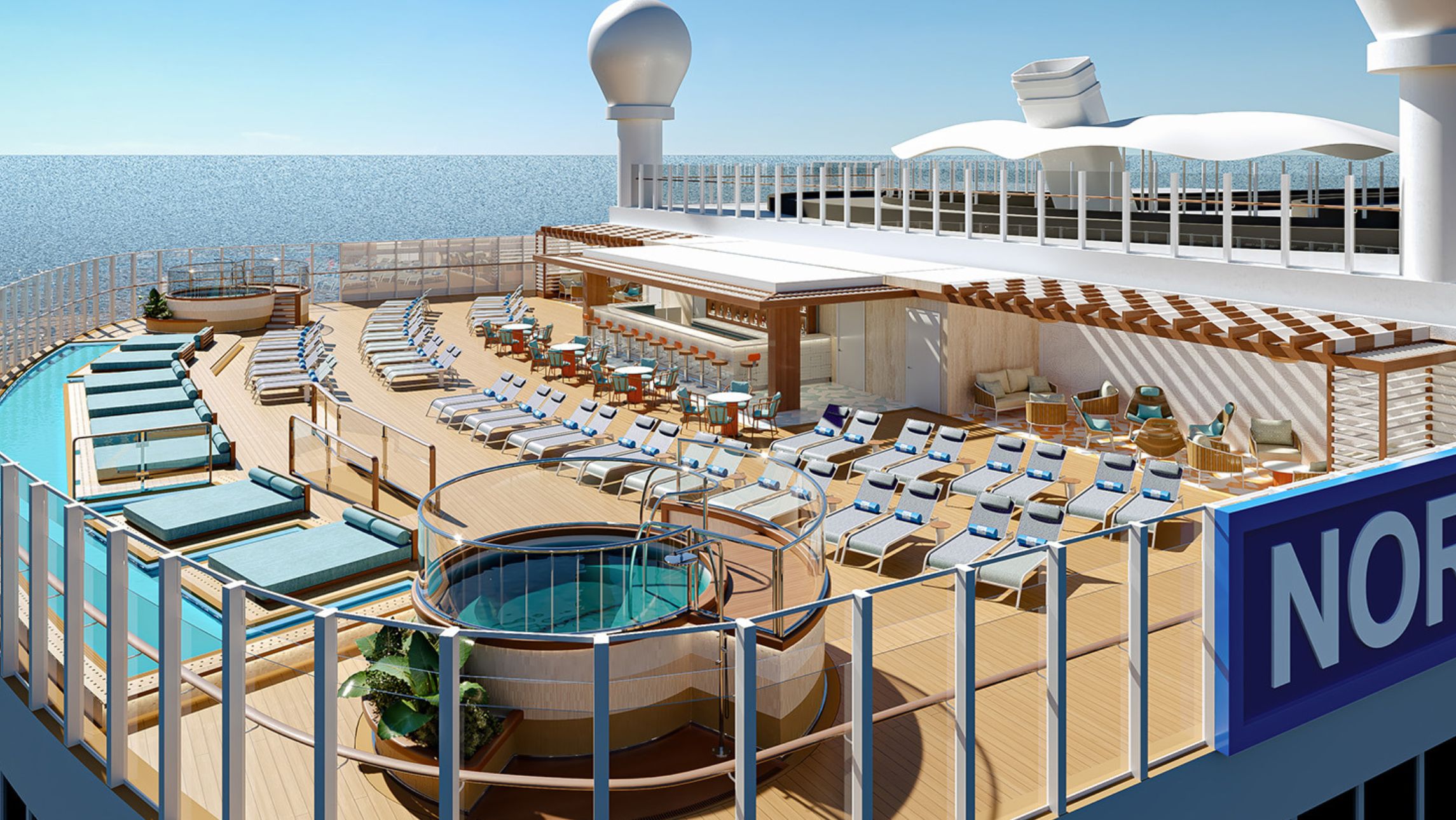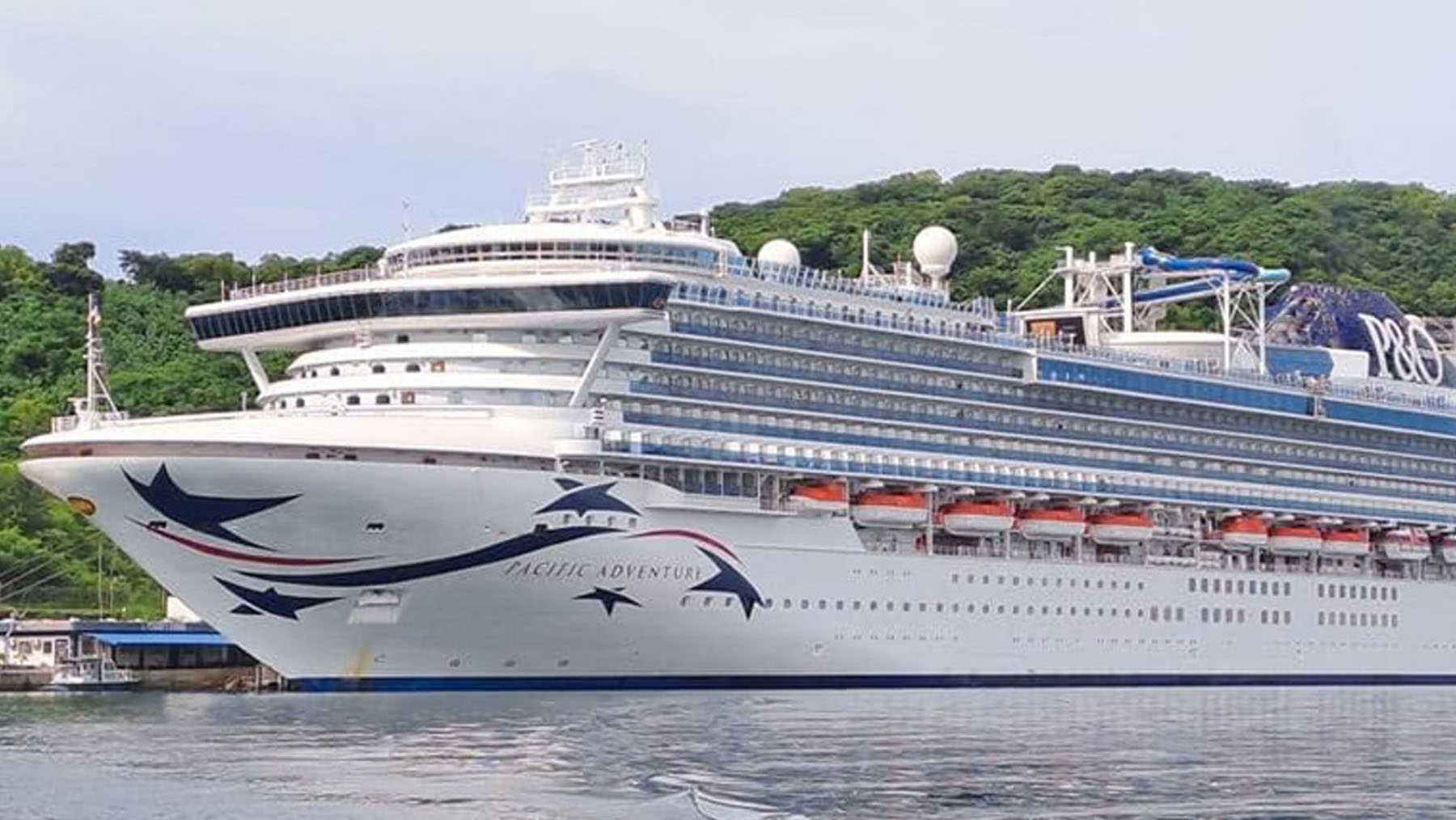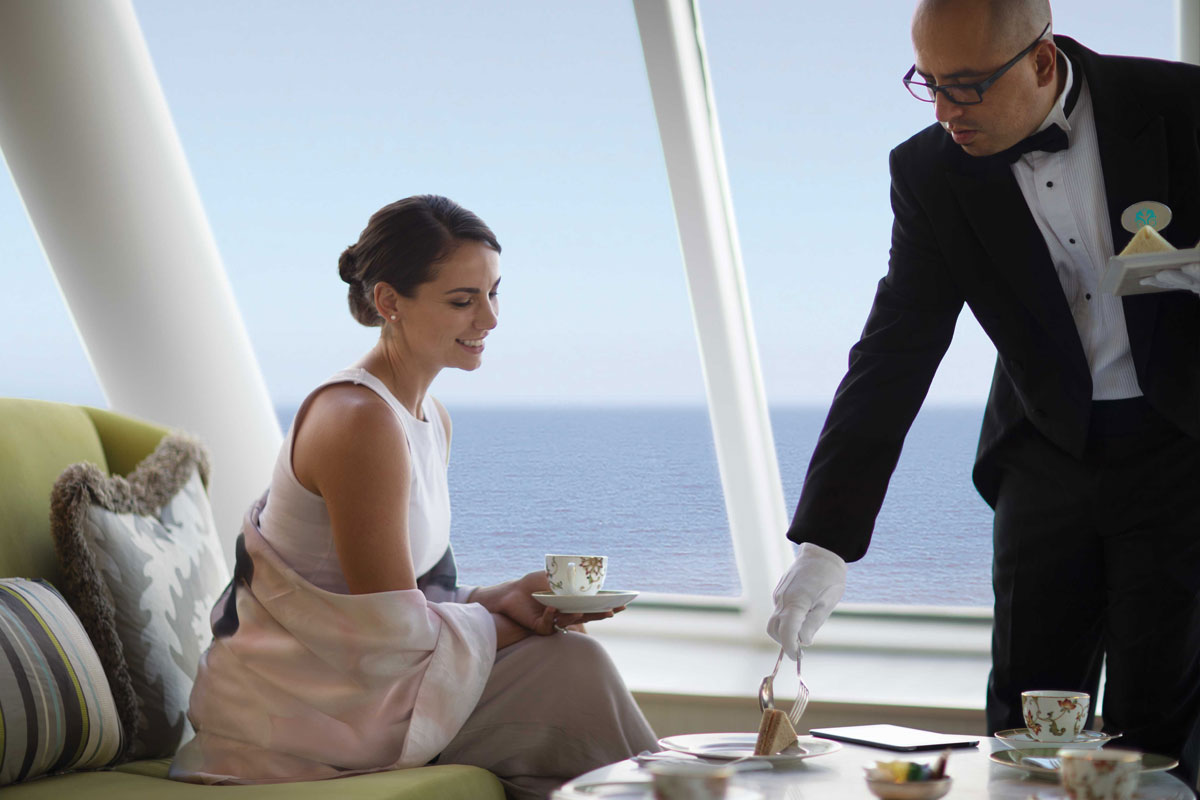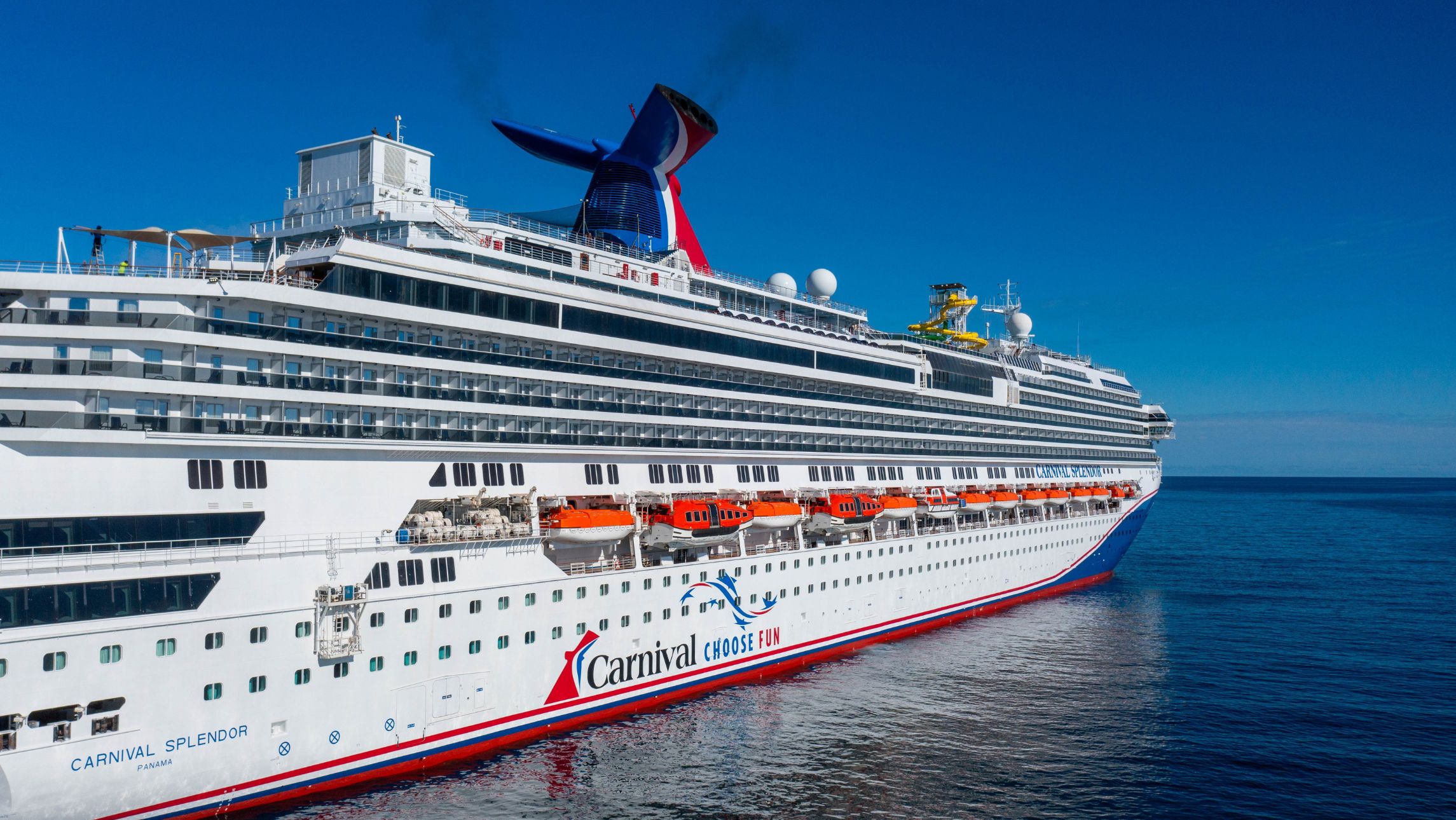Sniffer dogs, exclusion zones, photographic databases, finger-printing and x-raying luggage are among the well-known security measures employed by cruise lines and ports to ensure passengers’ safety.
Not so widely publicised is the use of divers to check the hull of a ship for explosives when in port.
In the wake of the recent terror attacks in Istanbul and Nice, Norwegian Cruise Line boss Frank Del Rio was asked about safety on cruise ships at a press conference aboard Seven Seas Explorer.
“Security issues are first and foremost on our minds. (Ships) are made of steel, and we are operating at the highest levels of security, and the ports are operating at the highest level of security,” Mr Del Rio said, pointing to the use of divers when ships are in port. He also stated that cruise lines employ a range of “seamless” measures to enhance security. For obvious reasons, he would not elaborate.
In May US TV station ABC7 in California went behind the scenes at Los Angeles Port, a 3000ha site patrolled by 130 LA Port Police.
“One threat that concerns us are small vessels that could do a Cole-style attack on a commercial vessel,” a captain with the port police said, referring to the 2000 attack on American navy ship USS Cole in Yemen in which 17 people died and 39 were injured. “And the other threat we’re concerned with is underwater explosive devices.”
Dive teams use powerful flashlights to scour the hull for explosives.
In January English newspaper The Telegraph reported that, according to NATO naval officer Vice-Admiral Clive Johnstone, Islamic State militants wanted to develop a maritime presence to carry out attacks in the Mediterranean: “We know they have had ambitions to go off shore, we know they would like to have a maritime arm, just as al Qaeda had a maritime arm.”
Last year Mr Del Rio conceded in an interview with Travel Weekly that it was “impossible to pitch a perfect game” in cruising.
“We’re now a global industry … we source globally, our ships travel globally, so it’s impossible to pitch a perfect game,” he said. “Somewhere in the world, where we source or we travel, will have problems. Sometimes they’re economic, sometimes they’re geopolitical, sometimes they’re both, but barring a proliferation of (terror attacks) we saw in Paris (and) San Bernardino — that’s always the elephant in the room.”
Cruise lines gather security intelligence from industry body CLIA and a range of other sources.
Mr Del Rio said that “travel is safe, and cruising is, by far, the safest mode of travel.”

